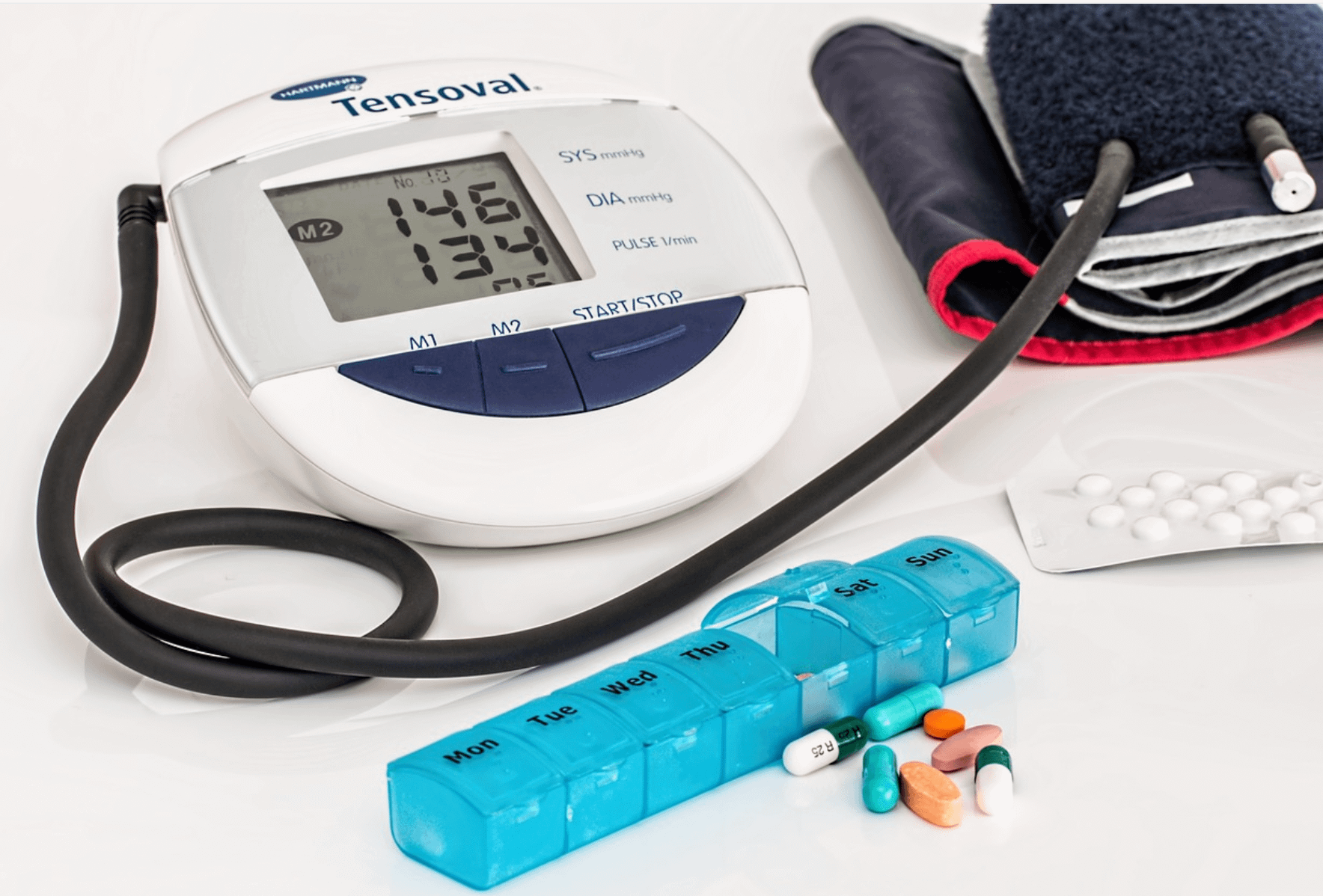Federal Government and Private Sector Launch Sweeping Health Care Fraud Prevention Joint Initiative
On July 26, 2012, President Obama’s administration announced a partnership among federal, state, and private organizations to combat health care fraud. This partnership will include, among others: Centers for Medicare and Medicaid Services, United States Department of Health and Human Services (HHS), HHS Office of the Inspector General, New York Office of Medicaid – Inspector General, Federal Bureau of Investigation, and private insurance companies. Secretary of HHS, Kathleen Sebelius stated, “This partnership brings together the resources and best practices of government and private sectors, giving us an unprecedented ability to detect and stamp out health care fraud.”
This joint venture is being established to pool resources and information regarding health care fraud. By pooling their resources, government and private organizations will be better equipped to prevent health care fraud or recover funds disbursed for fraudulent claims. Specifically, the partnership will share utilized billing codes and identify fraud hotspots, which will assist in combating health care fraud through quicker and more effective means of identifying it. For example, one official noted that by efficiently combining resources, the new venture can identify physicians that bill federal, state and other third party payors for more than twenty-four (24) hours of work in a single day.
This joint venture expands the reach of the Patient Protection and Affordable Care Act (PPACA). Under the PPACA, Congress provided the tools for a stronger stance on fighting fraud. Among these tools were (i) tougher penalties on persons convicted of fraud, (ii) enhanced screening of providers and suppliers to prevent fraudulent activity, and (iii) suspending payment to providers and suppliers when there is suspected fraudulent activity.
This initiative is the latest in escalating government action, sending a clear message to health care providers that they must ensure they have adopted an effective compliance program that includes proper education, monitoring, auditing and reporting procedures. An effective compliance program will not only serve to detect and prevent fraud and abuse, but also will improve quality of care, operational quality, and reduce costs of health care.
If you have any questions pertaining to fraud and abuse, compliance programs or this initiative, please contact Patrick Formato, Esq. or any Abrams Fensterman health care attorney at (516) 328-2300.





